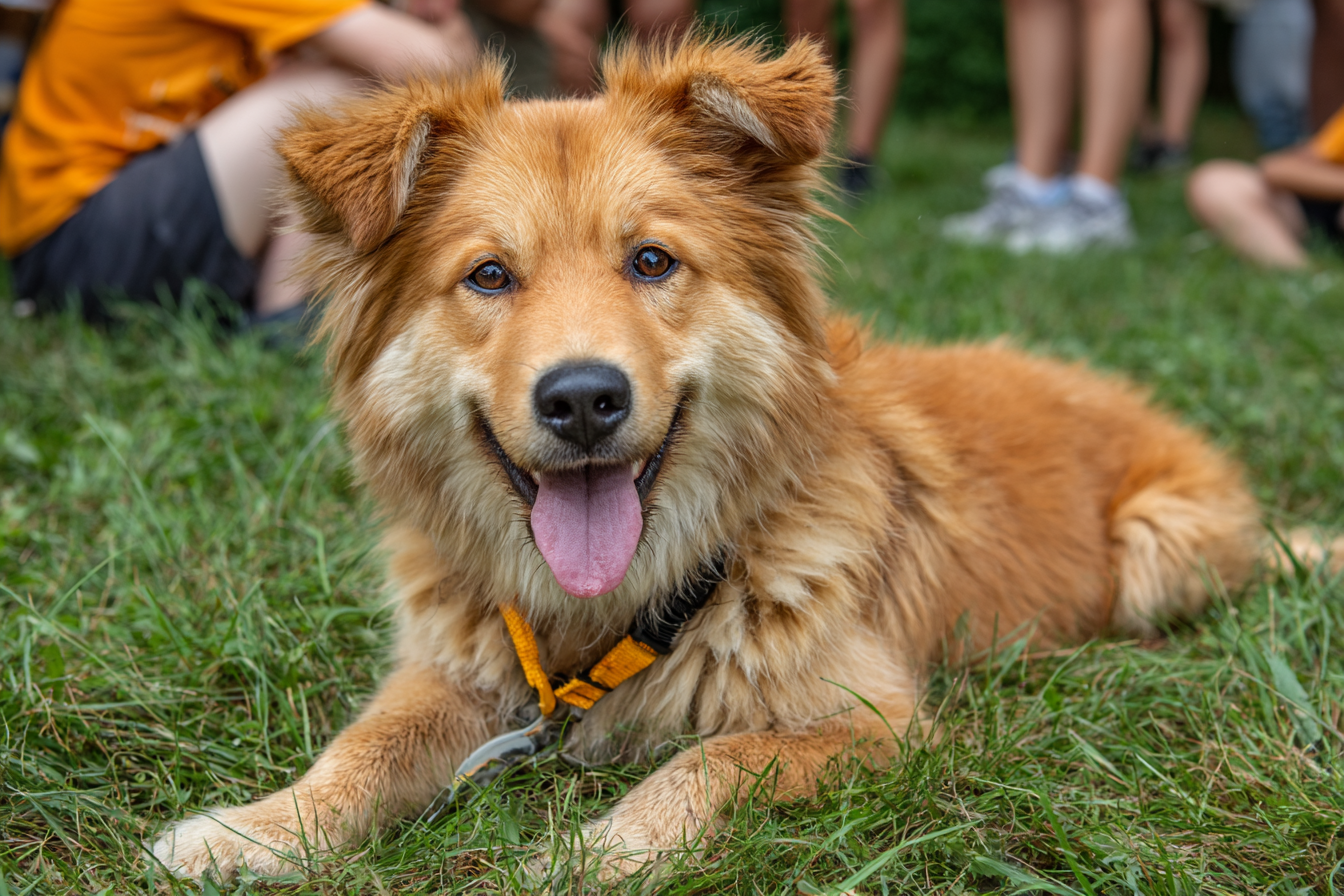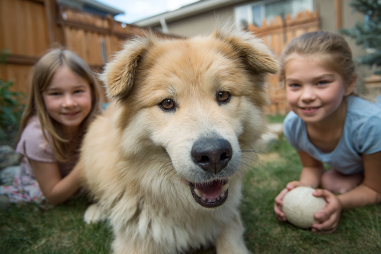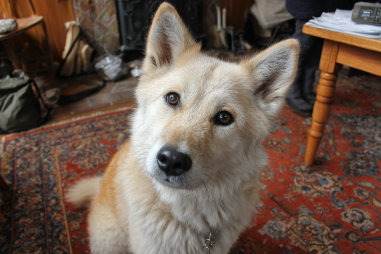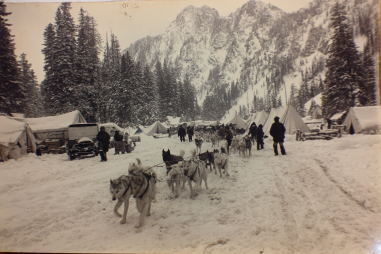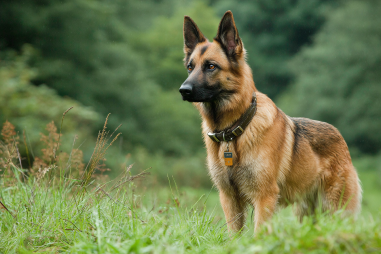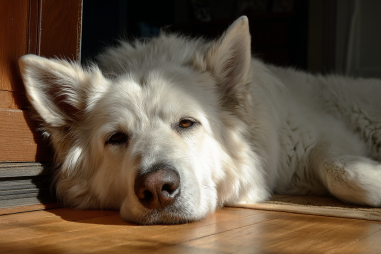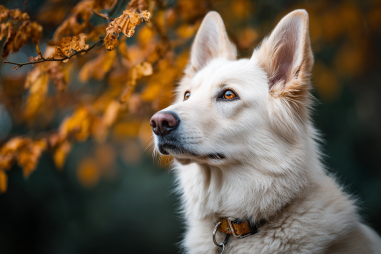Adopting a Chinook dog can be a deeply rewarding experience. Known for their friendly demeanor, intelligence, and versatility, Chinooks make wonderful family pets and loyal companions. By choosing to rescue a Chinook, you not only provide a loving home to a dog in need but also become a part of preserving a rare and beautiful breed. If you’re considering bringing a Chinook into your life, it’s important to understand the adoption process, where to find these dogs, and how to prepare for their arrival. This guide will walk you through everything you need to know about Chinook dog rescue and adoption, helping ensure a smooth transition for both you and your new furry friend.
Why Choose to Rescue a Chinook
Rescuing a Chinook dog is a compassionate way to give a deserving animal a second chance at a happy life. The Chinook breed is rare, originally bred for sledding and known for its friendly and gentle personality. These dogs thrive on human companionship and are highly intelligent and trainable, making them excellent family pets or active companions.
Many Chinooks end up in rescues due to various life changes their owners face, such as moving, financial hardship, or health issues. By adopting a rescued Chinook, you help reduce the number of dogs in shelters and support responsible dog ownership and breed preservation. Unlike purchasing from a breeder, adoption often comes with the added benefit of a health check, initial vaccinations, and sometimes even training assessments, giving you valuable information to start your journey together.
Where to Find Chinooks for Adoption
Finding a Chinook dog to adopt can be a bit challenging because of the breed’s rarity, but there are reliable sources to consider.
- Breed-Specific Rescues: Several organizations specialize in Chinooks or northern dog breeds. These rescues focus on recovering, rehabilitating, and rehoming Chinooks specifically and are often well-versed in the breed’s unique needs.
- Local Animal Shelters and Humane Societies: While less common, Chinooks occasionally show up in general shelters. Checking with shelters near you or searching through online databases may yield results.
- Online Adoption Platforms: Websites like Petfinder, Adopt-a-Pet, and Rescue Me can help you search for Chinook dogs available for adoption in your area or nationally, often with detailed profiles and photos.
- Breed Clubs and Community Groups: Connecting with Chinook breed clubs or online communities can help you discover rescue opportunities and trusted advice from experienced owners and breeders.
Adoption Process and Screenings
The adoption process for a Chinook is designed to ensure the well-being of the dog and the suitability of the adopter. Here’s what you can generally expect:
- Initial Inquiry: You’ll start by submitting an application or inquiry form with the rescue or adoption agency. This form collects basic information about your lifestyle, experience with dogs, and home environment.
- Interview and Screening: Many organizations conduct phone or in-person interviews to better understand your situation and readiness to care for a Chinook. This step may include questions about your work schedule, other pets, and your knowledge of the breed.
- Home Visit: Some rescues require a home visit to ensure your environment is safe and suitable for the dog. They may check for a fenced yard, secure indoor spaces, and household members’ willingness to participate in the dog’s care.
- Meeting the Dog: You’ll likely have the opportunity to meet the Chinook in a controlled setting to observe temperament and compatibility. This may happen at a rescue facility, shelter, or foster home.
- Adoption Agreement: Upon approval, you’ll sign an adoption agreement outlining your responsibilities and the rescue’s policies on health care, return procedures, and spay/neuter requirements.
- Adoption Fee: Fees help cover veterinary expenses and support the rescue’s ongoing work. These vary but are usually reasonable compared to buying from a breeder.
- Post-Adoption Support: Many Chinook rescues provide ongoing support, including advice on behavior, training, and health care to ensure success in your new relationship.
Preparing Your Home for a New Chinook
Bringing a Chinook dog into your home requires thoughtful preparation to help them settle in and thrive.
- Safe Space: Set up a comfortable area with a bed or crate where your Chinook can retreat and feel secure.
- Supplies: Stock up on essentials such as food and water bowls, high-quality dog food suited to their needs, collar with ID tags, leash, toys, grooming tools, and cleaning supplies for accidents.
- Dog-Proof Your Home: Remove or secure items that might be harmful or tempting, such as electrical cords, toxic plants, and small objects that could be swallowed.
- Establish a Routine: Chinooks do best with consistent meal times, walks, play sessions, and quiet time. Planning your day around these helps reduce stress for your new dog.
- Family Preparation: Prepare all household members about their role in caring for the dog and what to expect in the initial days and weeks.
Common Challenges Post-Adoption
While adopting a Chinook brings many rewards, it can come with challenges to navigate.
- Adjustment Period: Rescued dogs can experience anxiety or uncertainty in a new environment. They may hide, refuse food briefly, or show cautious behavior.
- Health Issues: Some rescued Chinooks may have underlying health problems or require dental care, vaccinations, or treatment for parasites. Early veterinary visits are crucial.
- Behavioral Concerns: Chinooks are intelligent and active dogs. Without proper mental and physical stimulation, they may develop destructive habits or become bored and restless.
- Training Needs: You might encounter issues with leash pulling, recall, or socialization if the dog has been undertrained or neglected previously.
Patience, consistency, and positive reinforcement training are key to overcoming these hurdles.
Supporting a Rescued Chinook’s Transition
Helping your Chinook adjust successfully will create a strong foundation for a happy life together. Here are some tips:
- Establish Trust: Spend quiet time sitting with your dog, offering treats, gentle petting, and calm reassurance to build a bond.
- Maintain Routine: Predictability reduces stress, so keep feeding, walks, and rest times consistent.
- Exercise and Mental Stimulation: Chinooks were bred for activity. Daily walks, games, puzzle toys, and training exercises keep them content and help reduce problem behaviors.
- Professional Support: Consider working with a trainer or behaviorist experienced with Chinooks or rescue dogs to address any specific challenges.
- Socialization: Gradually introduce your dog to new people, pets, and environments in controlled settings to build their confidence and reduce fearfulness.
- Health Monitoring: Keep regular veterinary check-ups and vaccinations up to date to maintain your dog’s health.
Making a Lasting Difference
Adopting a Chinook dog is more than just bringing home a pet; it’s a profound act of kindness that gives a special animal a chance for a fulfilling and joyful life. With the right preparation, patience, and love, your rescued Chinook can become a cherished member of your family, bringing companionship, joy, and adventure into your days. By choosing rescue, you help preserve the future of this exceptional breed and inspire others to consider adoption as a rewarding path to pet ownership.

